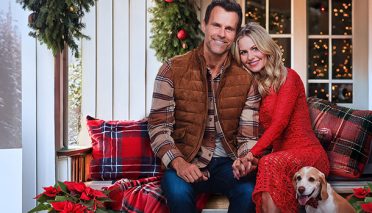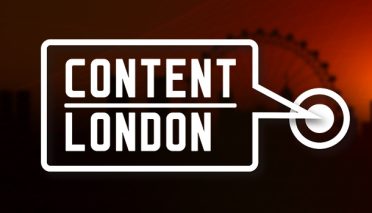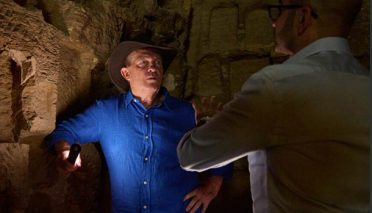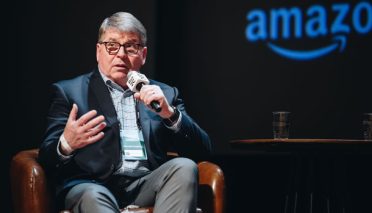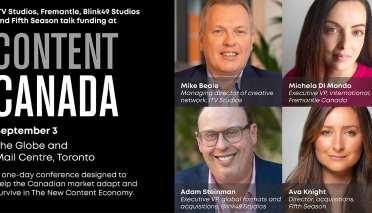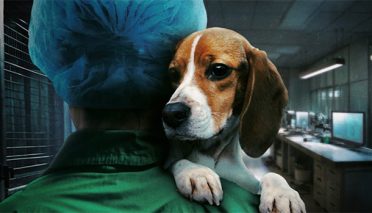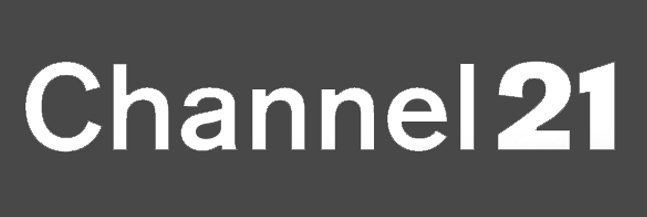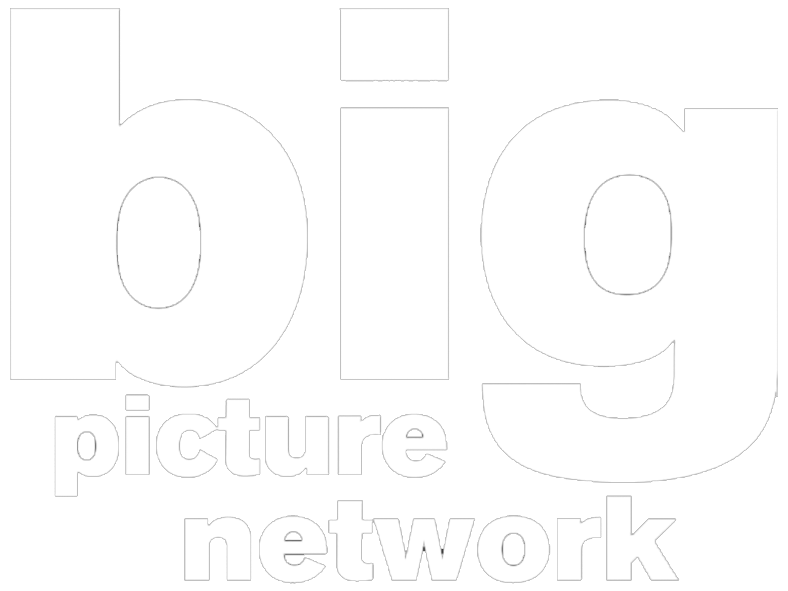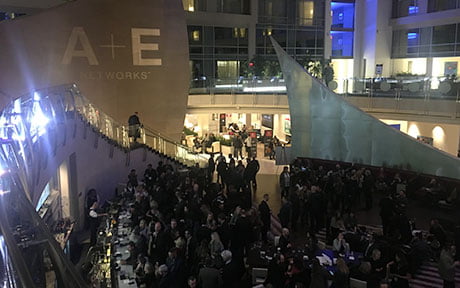
Realscreen Summit 2017 highlighted a tough climate for US producers
Producers at this week’s Realscreen Summit said they’re being squeezed to the point of extinction, and yet there are more outlets commissioning content than ever. Clive Whittingham was in Washington DC.
The main event in Washington DC this week was, obviously, the 2017 Realscreen Summit, taking place just a few blocks away from the support act and sideshow at the White House.
It’s a city riddled with angst at the moment, as a president elected almost entirely by the central states and rural areas of the country, rather than coastal cities like DC, quickly starts making his legislative mark. Travel to the conference venue was delayed on Wednesday by Greenpeace hanging a ‘Resist’ banner on a crane over Donald Trump’s new residence.
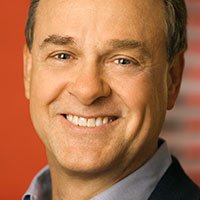
John Ford
And there was plenty of television-related hand ringing as well, continuing a theme from Natpe 2017 in Miami, where producers in the US unscripted and reality business said they were teetering on a “cliff edge,” with cable subscriptions, skinny bundles and cord-cutting manifesting themselves in tighter production margins and development costs for prodcos. “Here’s US$20,000 now, give me US$40,000-worth of development,” as one producer put it.
But in Washington, things went a step further on day one as the head of the Nonfiction Producers’ Association (NPA) John Ford, himself a former network executive at Discovery, said he knew of two production companies about to go bankrupt and expected more to follow.
“There’s pressure on margins, pressure on what’s allowed to go into the budget, pressure on development costs,” Ford said. “There are two sides to every story but from the producers’ point of view, it’s extended development, slower decision-making, lower budgets and pressure on production fees. I know a couple of production companies are about to go under.”
But there was comeback from the networks as well, beyond simply declining budgets. Kathleen Finch, chief programming, content and brands officer at channels operator Scripps Networks, said a spate of M&As and consolidation in the production industry had not helped the creatives.
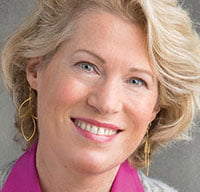
Kathleen Finch
Finch said: “We used to have a stable of go-to guys. Small, independent prodcos who we would turn to with ideas we’ve developed internally. A lot of these go-to guys have been bought by large companies and we don’t like to work with them as much because there are more people on the other side of the deal who need to get paid for stuff that doesn’t show up on the screen.
“When we have a limited budget to spend we’re going to go specifically to a company that’s lean and mean, young and hungry, because they will take the budget and all of it will go on the screen. We walked away from prodcos we’ve worked with for years because the production budgets were getting high and we were not seeing it reflected on the screen.”
C21 spoke to David Lyle, who previously ran National Geographic Channel in the US and is now CEO of producers’ trade body Pact US, in search of some balance. Pact and the NPA have both produced independent surveys of producers outlining which networks are best to work with.
“Producers are quite mindful of the external headwinds that the buyers are facing,” Lyle said. “There used to be a thing where you put down profit margin at 10%, and that was clear. As that margin has dropped to 6% or lower, and as more requirements have been put on top, some producers are really scratching to stay alive.
“Templates are changing, so nothing has to be set in stone, but the prodco has to make a profit, and enough of a profit so they can develop the next idea.
“The entire eco-system depends on that development pipeline, despite what some networks say about ‘internal development.’ Pig’s arse! Internal development exists in the same way leprechaun’s exist. The majority of the business depends on prodcos, at their own expense, developing ideas.”

David Lyle
The week finished with Lion Television’s Nick Catliff painting a somewhat more optimistic picture. “We’ve all got to stop whinging,” he said. “Having a bunch of rich, successful, powerful producers on a platform moaning about their margins being squeezed is pretty unedifying.
“We’ve had Netflix here talking about the gazillions they’re going to spend on unscripted content; they’re here and changing the game. The big cable networks are at last realising they can’t make the same old stuff, and that’s exciting to. They’re worried about their margins, they’re passing that on to us, but it’s still a golden age. Hundreds of networks are here buying shows.”
Ah yes, Netflix. Notoriously guarded about numbers and forward plans, the streamer was here this week with VP of original content Cindy Holland saying the Making a Murderer platform will make a serious push into unscripted this year with 30 new commissions. These include some typically ambitious ideas as well – global version of the Eurovision Song Contest anyone?
“We’re still in growth mode, for docs and doc series, and it’s going to be around 30 titles this year, maybe more,” Holland said. “We’re just getting started, working with producers to figure out what is the best content for Netflix and imagining the possibilities. If you can have Eurovision why not something like Globalvision? Why not dream to have the scale of the Olympics for competitive events?
“We’ve just started innovating in the unscripted space and how to create a new form. It doesn’t have to be 22 or 28 minutes, or 55 minutes, it can be what it needs to be. It may take us time to figure out the unscripted business but we’re excited.”
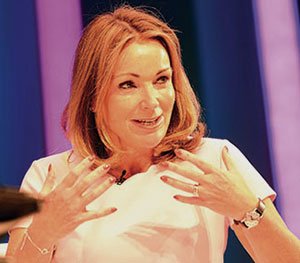
Jay Hunt
But the spectre of Trump was never far away – one (maybe the only) positive is he has at least diverted the pre-meeting small talk to something other than the weather (cold).
But of more pressing concern was the suggestion that his tax cut plans could be paid for, in part, by big cuts in arts funding, and specifically a privatisation of PBS. Channel 4’s chief creative officer Jay Hunt was here this week for a keynote and she could certainly tell the American pubcaster a thing or two about having that latent threat hanging over you.
Jane Root, founder of Nutopia but previously controller of BBC2 during a long and distinguished career in public service broadcasting (PSB), told C21: “It seems that PSB is a really important part of the environment. The BBC has been vital in innovation. They’re not focused on commercial possibilities so they’ve been great at bringing innovative ideas and programmes in. We commissioned The Office when I was there – a quirky, odd, uncommercial decision which took off around the world. That spirit would be missed.
“At a time like this we need places that are actually going to help to disentangle a really complex, difficult debate, find out what’s going on and inform you. We need broadcasters that are immune from commercial pressures.”
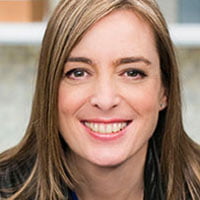
Julie Bristow
Julie Bristow, formerly with CBC in Canada and now running Bristow Global Media, added: “We need PSB now more than ever before. The opportunity to take risks and create content that challenges is core to the PSB mandate. Privatisation comes around with political movements and it’s challenging to fight it but it’s critically important – it’s part of a democratic society to have a strong public service broadcaster.
“Now is a real opportunity for PSBs to define themselves uniquely. This is when you have to risk big and commission things others wouldn’t. It’s time to dig in and find content that challenges.”
But for Brant Pinvidic, former executive VP at Eyeworks USA and now CEO of Invelop Entertainment, held a different view: “It’s tough because it’s a bastion of programming that serves a purpose. I grew up in Canada where the entire media system is subsidised and it just doesn’t yield great content unless something special happens – and when they do, they don’t need to live on PSB.
“In today’s world, with so many content outlets, people putting things up on YouTube, it’s harder to justify the government being in the midst of trying to preserve some sort of cultural relevance, particularly in the US, where it’s drowned out. The connection in the US with PBS has been with really good shows that could have lived on another network. It’s tough to justify spending tax dollars on that. I love it, it’s great, I wouldn’t change it, but I understand it’s tough to hold onto.”
Dramatic, tough times then, but also times of opportunity, with Netflix and Amazon both opening their cheque books to unscripted in a serious way, and a rapidly developing political situation crying out for documentarians to try to make sense of it.
It’s not all bad news guys.




